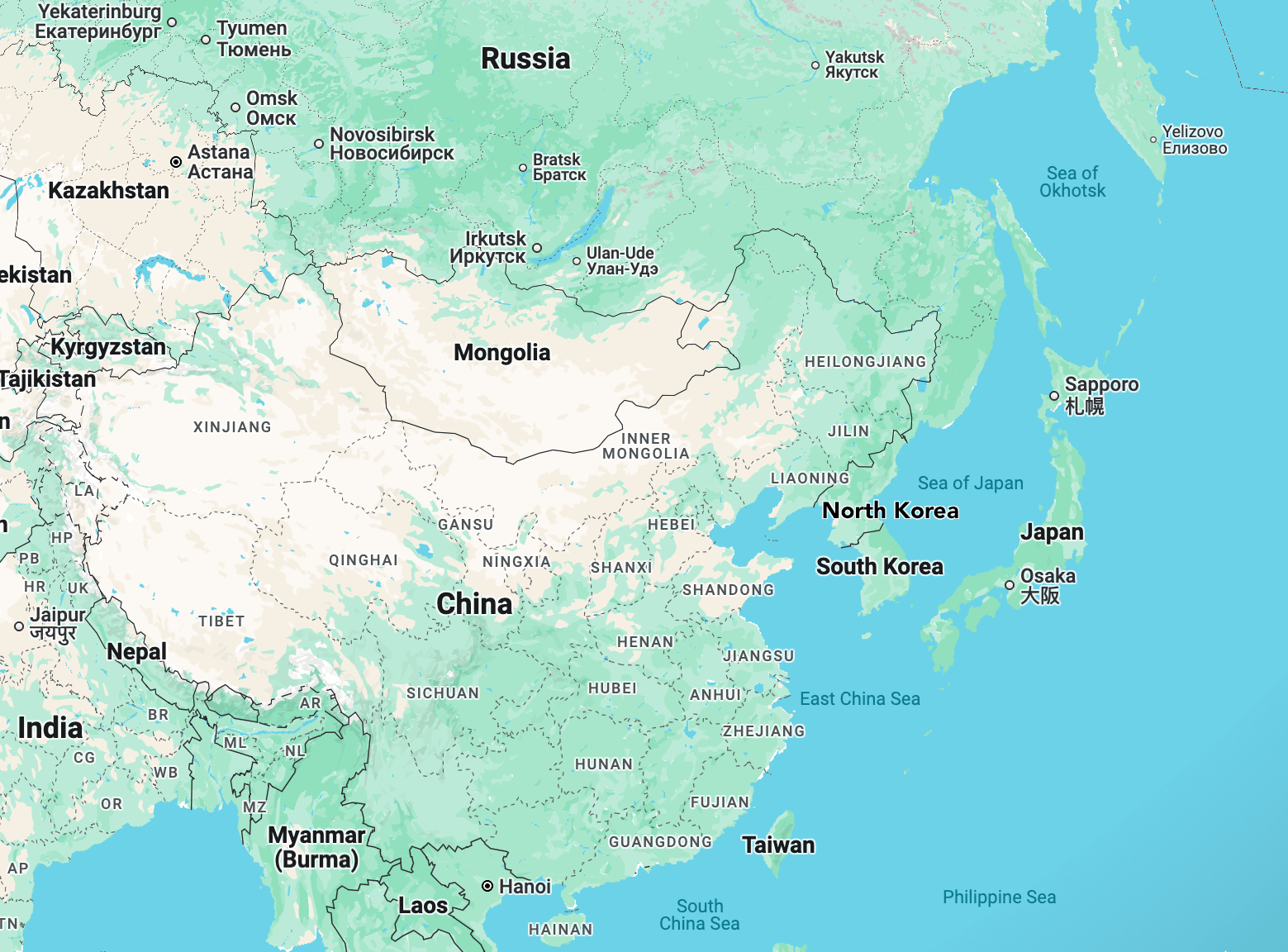29 August, 2024
Questions arise concerning North Korea’s defence and nuclear posture, officially the Democratic People's Republic of Korea (DPRK). Firstly, is the posturing intended to comfort DPRK’s domestic population against threats from South Korea and the US, whether real or manufactured propaganda? As a rule, government shapes policy primarily to address its own population’s domestic issues. Some use this reasoning to argue DPRK presents little real threat to foreign states. However, in a totalitarian state such as DPRK whose population is denied education and accretion of wealth, why would DPRK need to direct its message to a domestic audience lacking capacity to understand and shape national policy in the first place?
Alternatively, is DPRK’s targeted audience in its defence posture primarily South Korea and the US? Both North and South Korea assert the policy aim of unification of the Korean peninsula but under different ideologies – communist vice liberal democracy. As such, the underlying issue is more likely the perpetuation of the legacy from the conclusion of WWII, when the USSR and the US divided Korea into North and South, much like Germany. The USSR has since evolved into the kleptocracy of a Russia whose current sponsorship of DPRK is based on mutual military convenience, creating a power vacuum.
Regardless, if the core operational theatre centres on the Korean peninsula and issues surrounding unification, then the larger contextual issue is the geopolitical and strategic interests of the US. The US wishes to have a ground-based platform and presence in the Indo-Pacific region to mitigate its concern about China’s increasing military strength and reach across the South China Sea. The longstanding US-Japan alliance, the more recent Quad and AKUS arrangements are sea and air-based platforms. Any one platform is an insufficient mitigating measure. Maintaining a ground-based presence in South Korea in the form of Combined Forces Command (US and South Korea) adds to a cost-effective regional joint force platform supported by mutual security undertakings.

Image source: Google maps
Such reasoning is not dissimilar to explaining the US’ Interest in the Middle East where it maintains close relations with Israel, enabling the US to project its influence in the affairs of the Middle East, likewise in NATO concerning Europe.
The real threat to western states does not emanate from DPRK but from its shrewd sponsor, China. China has succeeded the USSR in filling the power vacuum, has refined its communist ideology and enjoys the capacity to advance its interests.


